Ep 92 Inner Christianity: Returning to Our Roots W/Mark Vernon
Show Notes
Episode Summary
Growing up evangelical required a preoccupation with external behaviors and moral performance, or what I now understand as sin management. My spiritual life was fear based. Behaviors like sexuality, masturbation, swearing, or drinking were litmus tests of spiritual maturity. The more you controlled, hid, or projected your external behaviors onto others, the closer you were to God. Behavior modification, external conformity, and the avoidance of sin was my ticket out of Hell. In evangelicalism, I was a problem to be fixed, not a person to be loved. What an anemic and harmful understanding of spirituality.
Leaving white evangelicalism meant finding deeper streams of spiritual wisdom. Instead of this hyper-fixation on what I was doing, inner Christianity helped me recognize God’s eternal presence at the core of my being, no matter what I was doing. God isn’t some external deity I need to placate, God is the lover of my soul. As I spiritually mature, I’m coming to realize the importance of cultivating my inner life instead of worrying about external behaviors. Or as Rainer Maria Rilke wrote, “The only journey is the one within."
External Christianity is about salvation in the afterlife. Inner Christianity is about personal transformation in this life. Contemplative or inner spirituality doesn’t ignore sin—it just approaches it differently. Instead of managing sin, it invites us to be still, to listen, and to let God transform us at the root. “Christ did not preach a mere ethical or social gospel but an uncompromisingly spiritual one. He declared that God can be seen, that Divine perfection can be achieved,” writes Swami Prabhavananda in his seminal work The Sermon on the Mount According to Vedanta.
Where does this leave us? How do we cultivate our interior life instead of focusing so much on externals? How do we focus on roots instead of fruits? I rarely quote Augustine, but he’s on point about this. "Do not look outside; return to yourself. In our interior the truth resides.” I’ll give that an amen.
In this final episode in season five, I’m honored to be joined by psychotherapist, philosopher, and mystic Dr. Mark Vernon. Mark is a writer, psychotherapist and former Anglican priest. He contributes to programs on BBC radio, writes and reviews for newspapers and magazines, gives talks and frequently podcasts. His books cover themes including friendship and God, William Blake and Dante, ancient Greek philosophy and wellbeing. He has a PhD in ancient Greek philosophy, and other degrees in physics and in theology. Dr. Vernon’s writings and teachings are deeply rooted in the inner life, exploring how we can cultivate spiritual depth and meaning in the modern world.
Thanks for listening!
Gary Alan Taylor
Please follow us on social media (use the buttons below) and help us get the word out! Better yet, subscribe to our Substack for articles, community, and early access to each podcast episode. Simply Click here to subscribe!
Support Us on Patreon or Substack!
And get access to every episode 5 days early! In addition, your financial support gives us the time we need to be able to create and produce amazing content, including Patreon-exclusive content. Please consider joining our team of patrons by clicking the button below. Thank you! Substack subscribers gain access to notes, articles, our e-newsletter, online classes, and even one-on-one conversations with our hosts! Find us at Substack Now!
If you prefer just giving with no strings attached, you can also just buy us a coffee! Any amount helps us cover the costs of creating this show.
Credits
This episode was produced by The Sophia Society and written by Gary Alan Taylor. Music is by Faith in Foxholes.


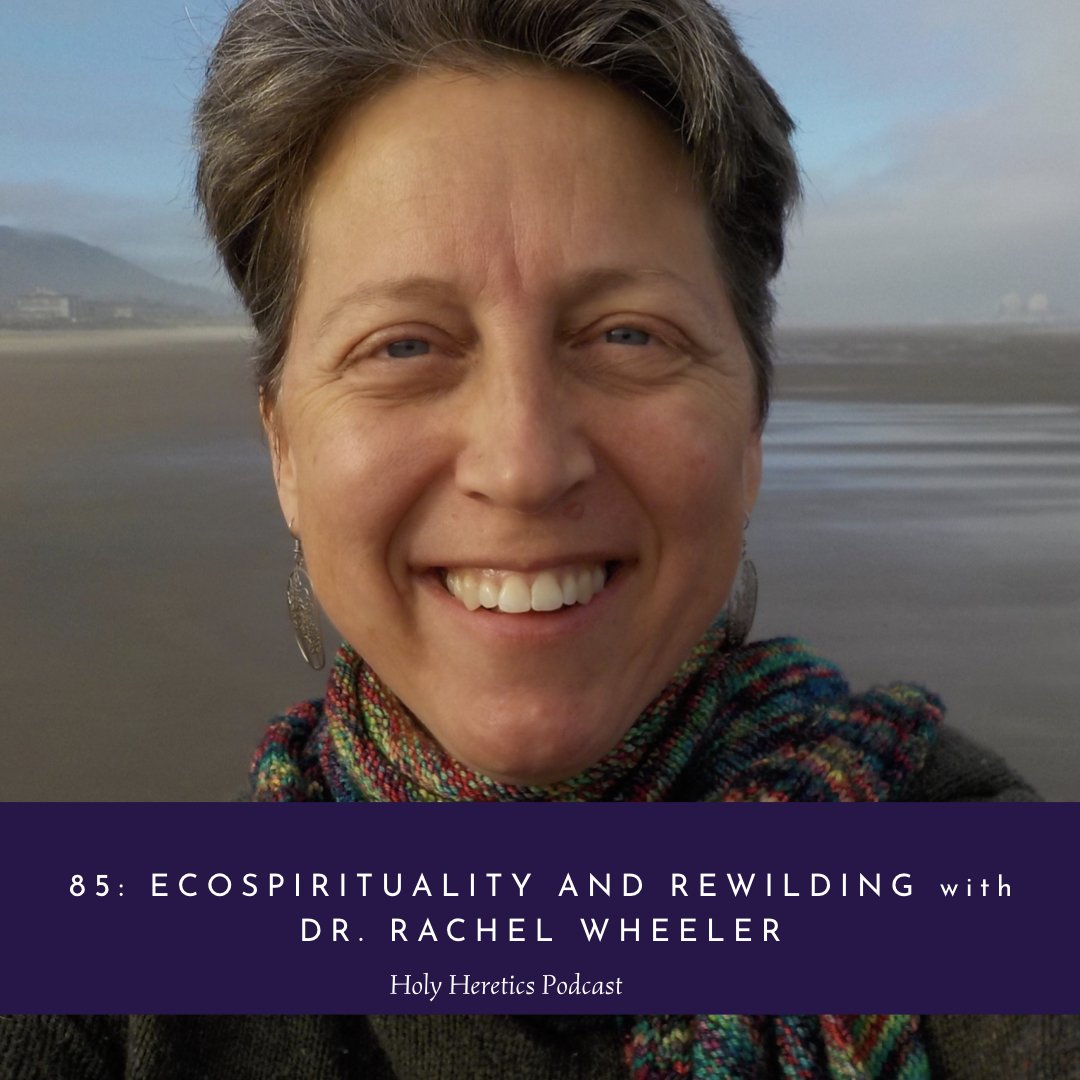
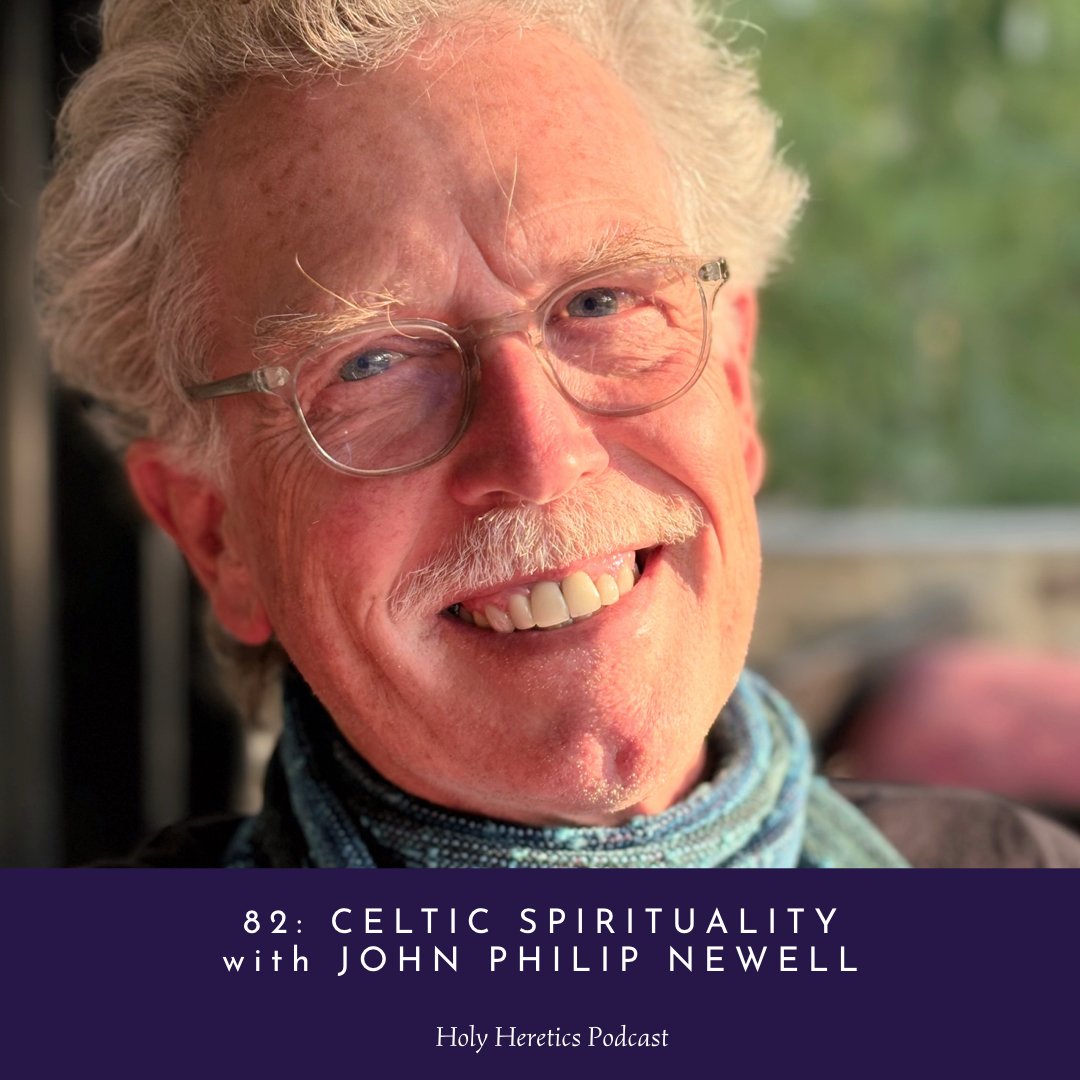
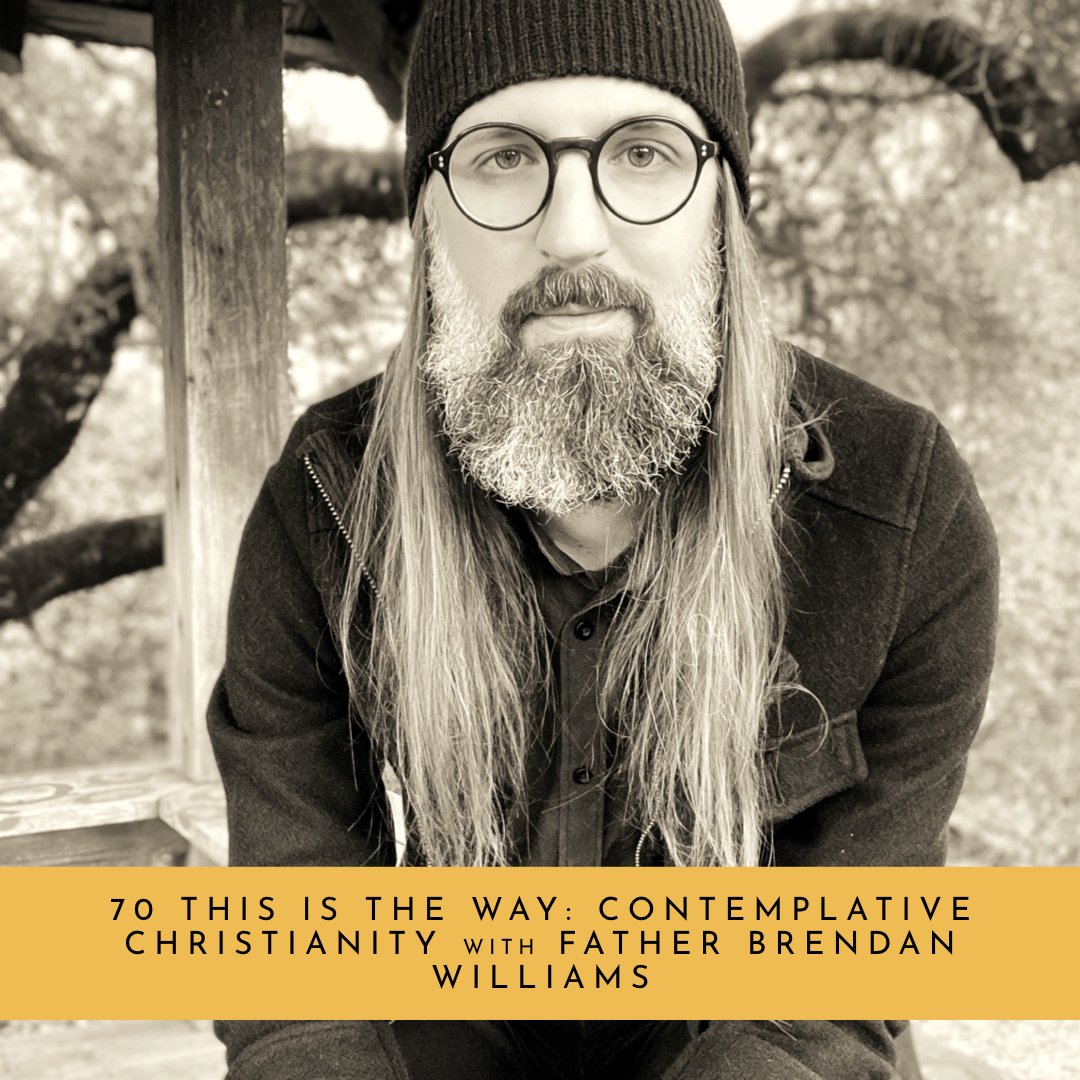

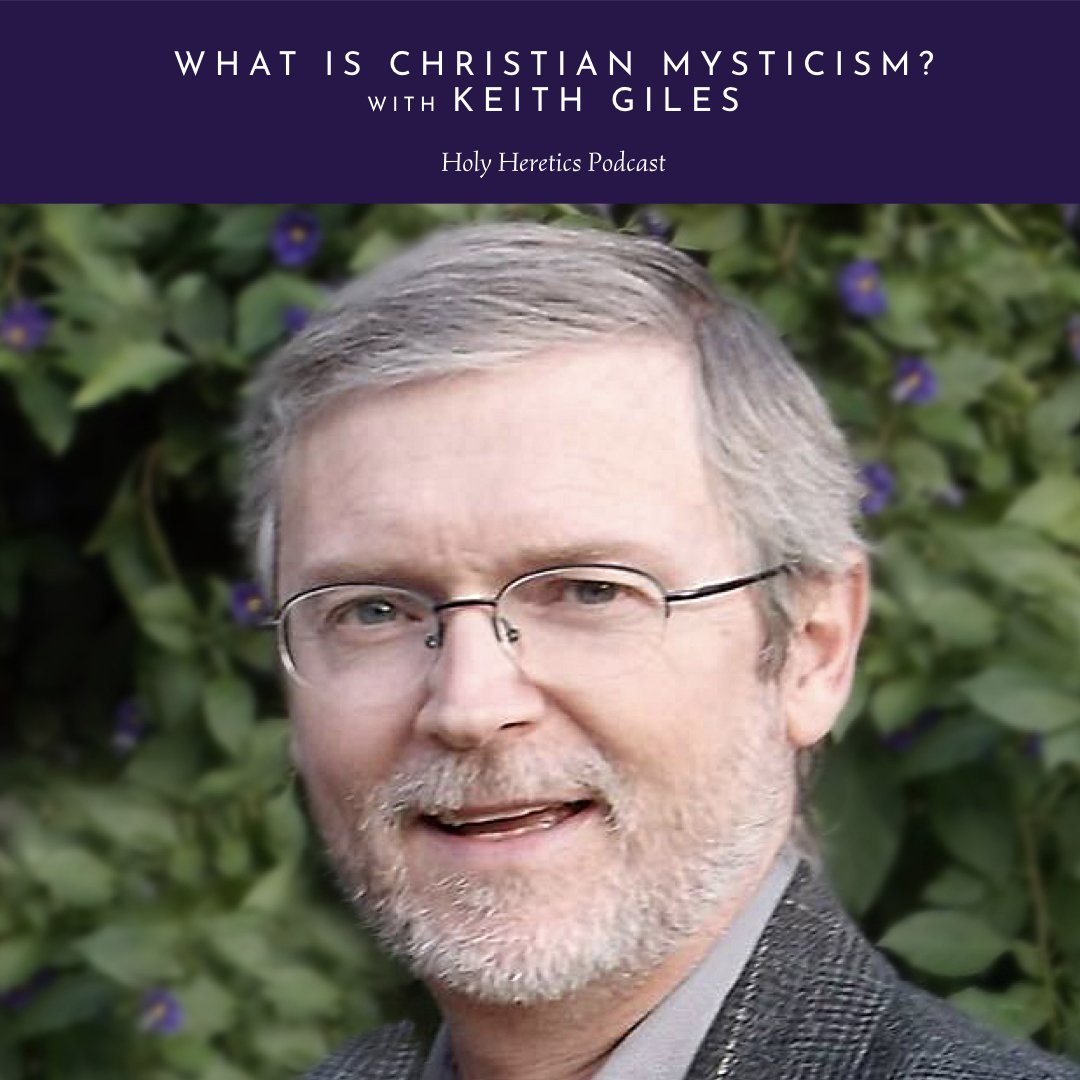
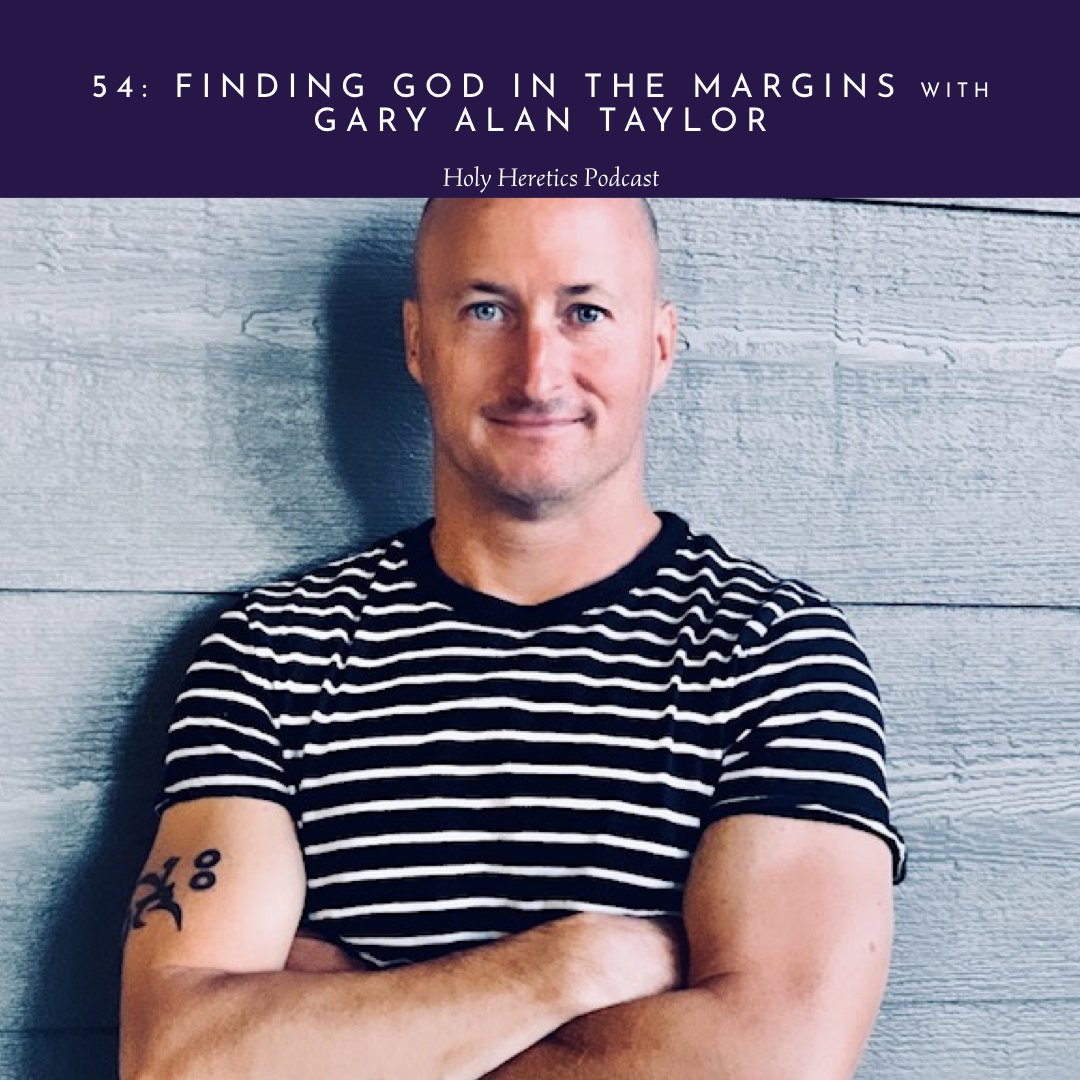
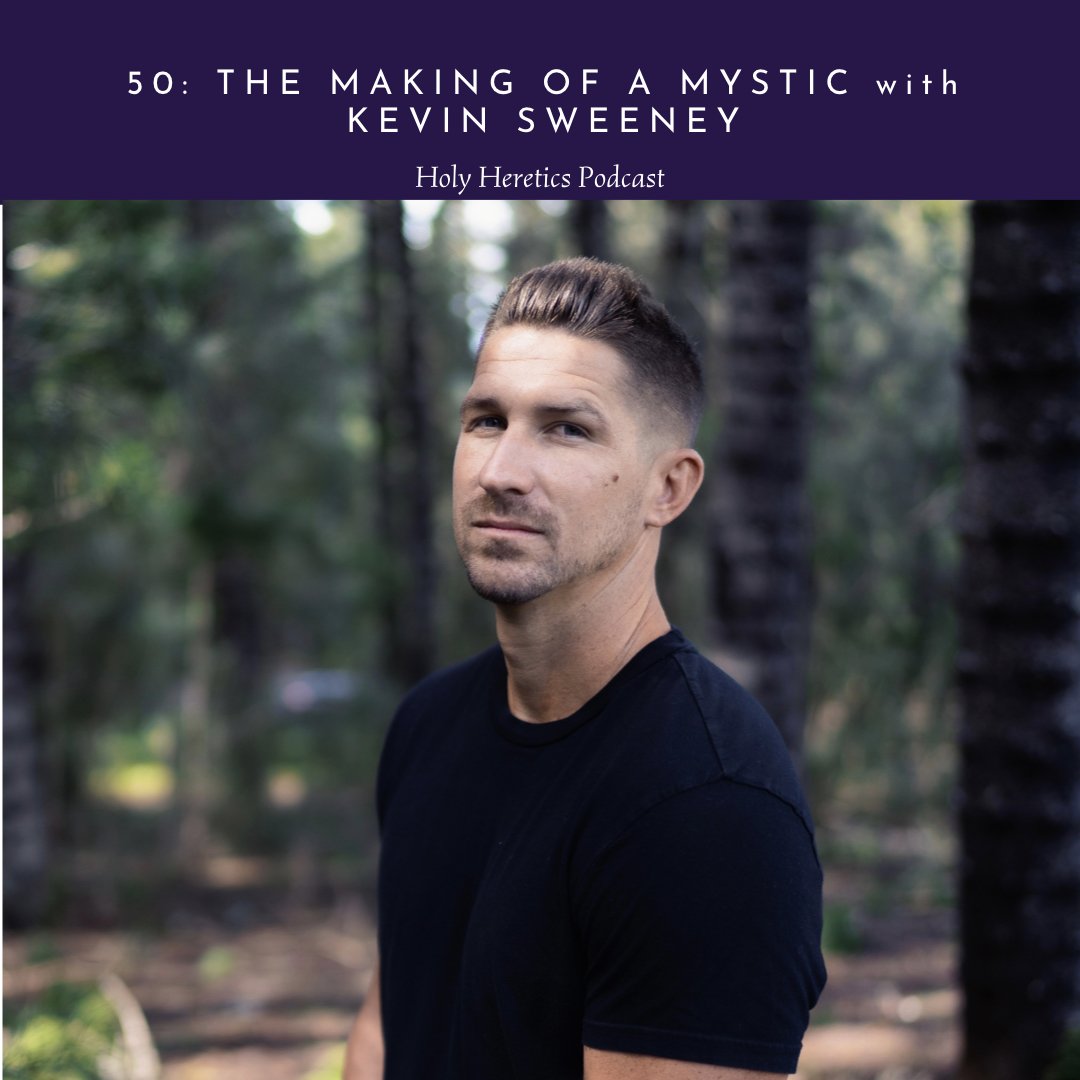
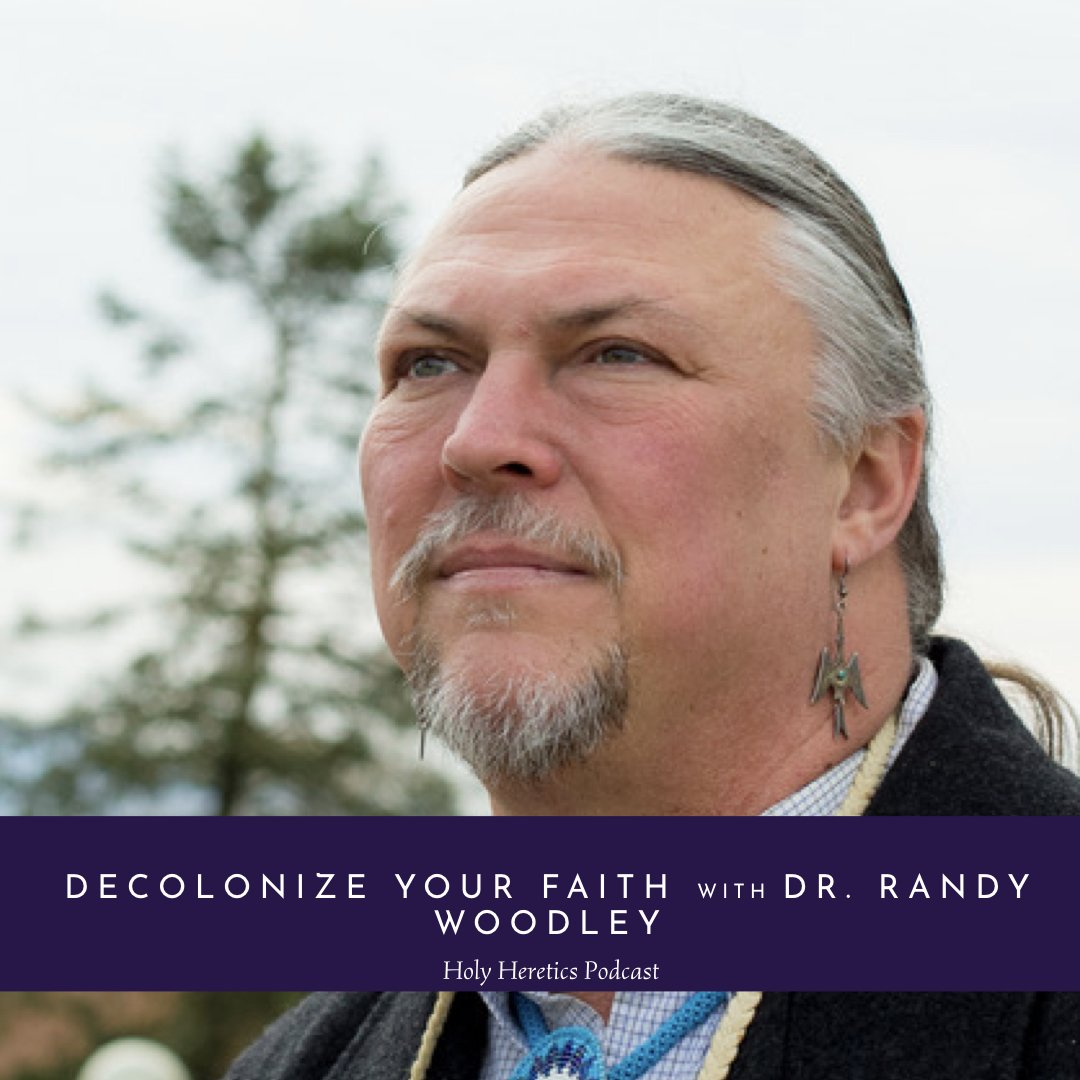
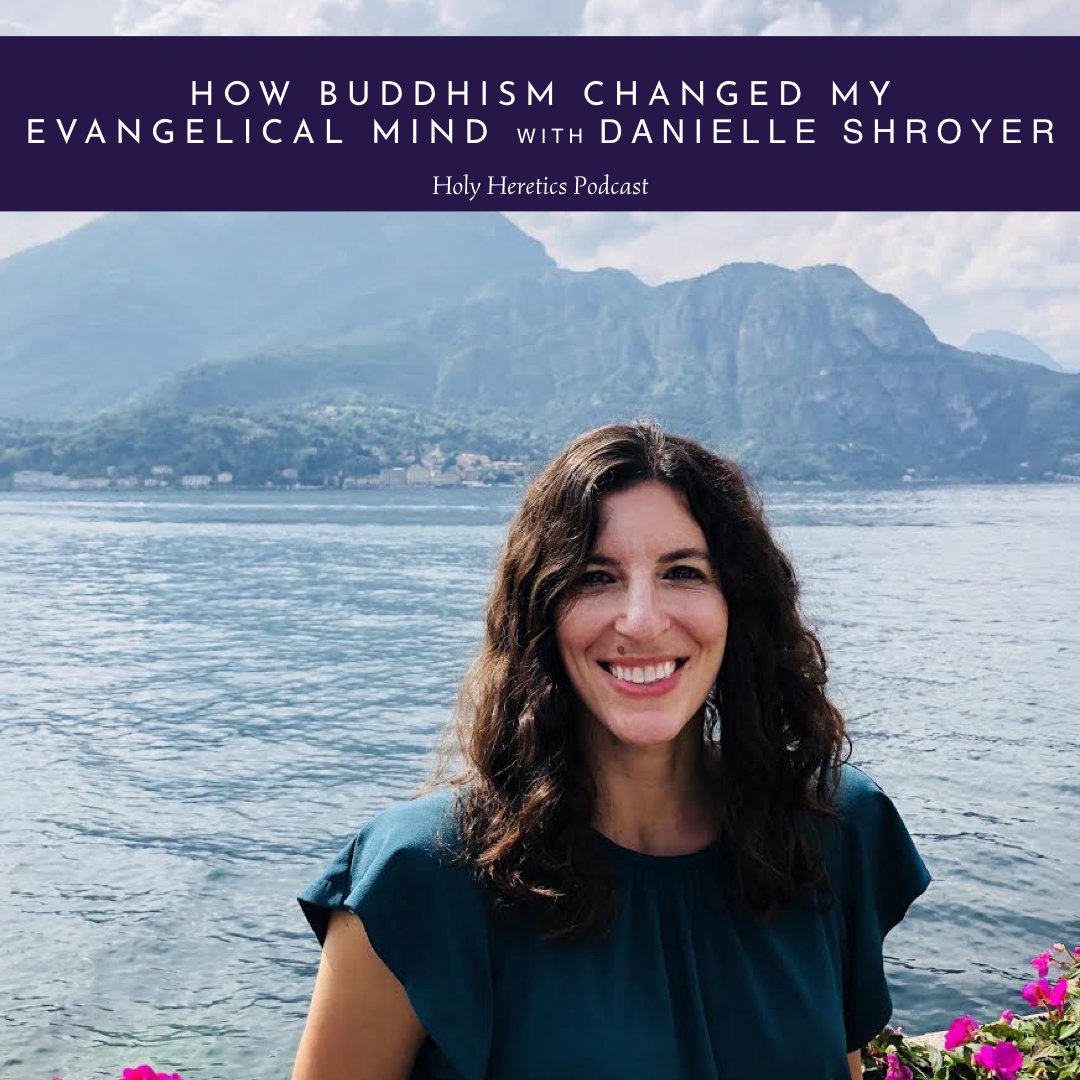
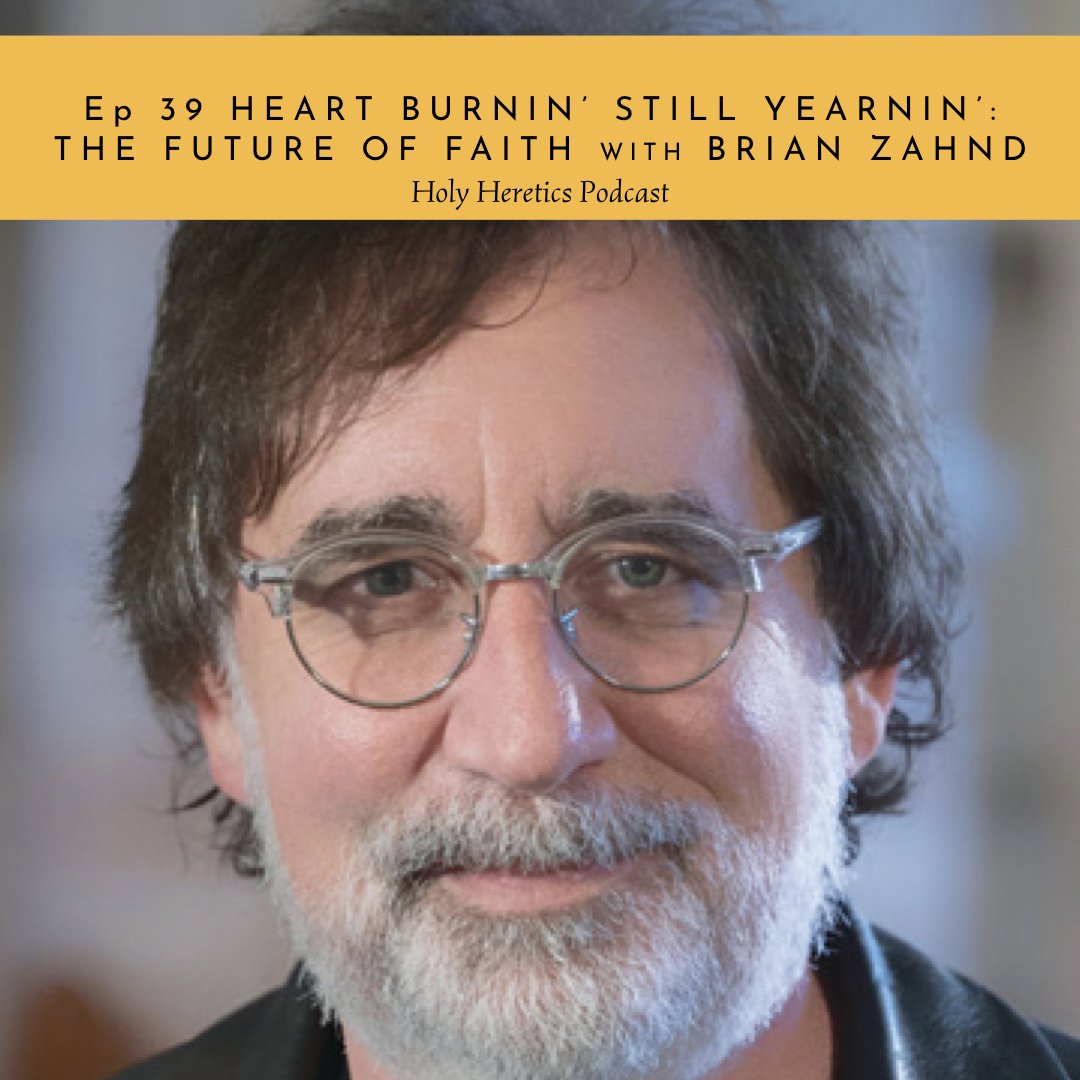
Today, I sit down with 88-year-old mystic John Butler, aka “Mr. Nothing.” A British author, retired farmer, and lifelong seeker whose gentle presence has become a sanctuary for millions. Formed by silence, shaped by prayer, and seasoned by decades of wandering across continents and inner landscapes, Mr. Butler speaks from a depth rare in our dopamine-driven age. Join us for a meditative conversation about silence and stillness as our ever present doorways to God.